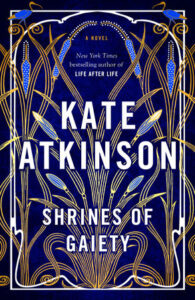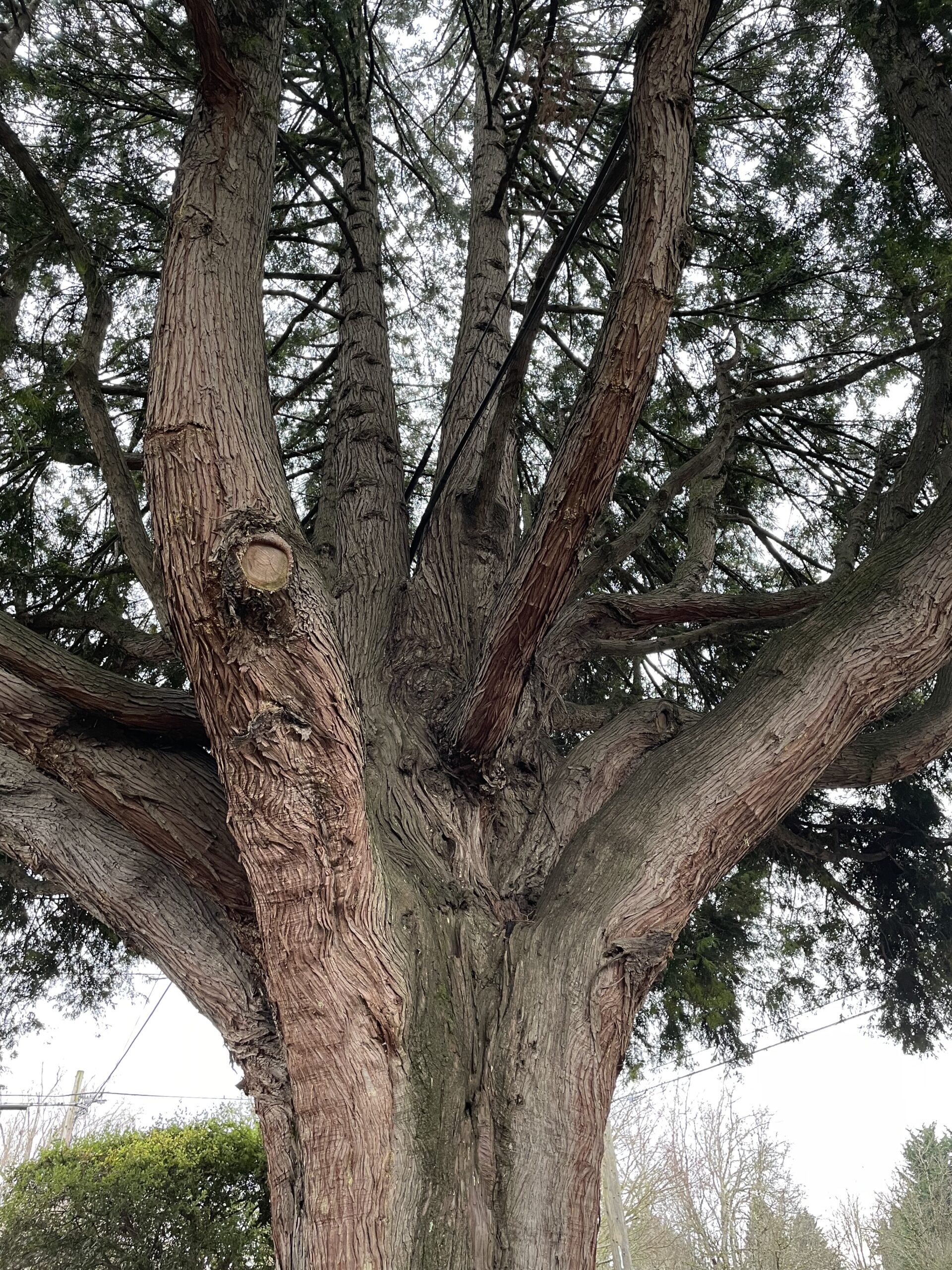Here is a confession, or perhaps just an admission: I don’t know what to write about here lately. Much of the time recently, I feel in retreat from the world, but writing for others is an act of communion with it. It is an act of staking a claim in it. For me, it has always been a means to understand it, to wrest some kind of meaning from my experience of living in order to do so more purposely and fully.
This week, Maria Popova highlighted a book by poet Lewis Hyde, who makes a distinction between work and labor. I encourage clicking over to read her words about his (if this topic interests you), but the gist of it is this: Work is what we do “by the hour,” and often for money, an “intended activity that is accomplished through will.” Labor is something different; as Popova understands it, “At the heart of the distinction is the recognition that those fruits [labors] are offered to the world not as a service or a transaction but as a gift.” Hyde offers these as examples of labors: “Writing a poem, raising a child, developing a new calculus, resolving a neurosis, invention in all forms… .” If I were to apply the distinction to what makes up the bulk of my days in recent months, washing the dishes is work I do, but making a home is my labor, a gift to those who come within its sphere.
Honestly, though, I’m finding the distinction a little fuzzy. How can they not be, when money is what we need to survive in our current world, and some labor is paid and some work is not? Yet it is clear to me that writing a blog–this kind of blog, at any rate–is clearly on the side of labor, and not work. It’s a labor I have been feeling ambivalent about.
What do I have to offer here? Do I have anything to say that anyone will benefit from hearing?
It’s a challenge to create a gift to the world when my instinct these days has been to retreat from it. Until now, I’ve had no choice about engaging with the world; continuing my existence required me to live deeply with it. Grading papers, planning lessons, submitting book purchase orders: These are all acts of work, and one can, I suppose, do the work of being a teacher or librarian without doing the labor of being an educator. But I never could, and laboring as an educator requires full immersion in the world. Now, I have a choice. Now, I finally have the resources I need to give myself to labor of whatever kind I might choose, and all I want to do is hunker down in my little shelter from the world.
I’d like to think it’s just a seasonal thing. Winter is a time of hibernation, of course. Or, perhaps, it’s a recovering from burnout thing. It feels like something more or different, though. The world feels increasingly foreign to me, and something with which I can’t keep up. Don’t necessarily want to keep up. In recent weeks, for example, I’ve been wondering what it will mean to be a writer–or any kind of artist–in a world with ChatGPT.

Which, in my head, quickly leads to more important questions: What does it mean to be human? What will it mean to be human? (And then I just want to bury that head in some sand.)
I want to think that we will always need human poets and other writers to help us answer those questions, but answering them–laboring for the world–requires us to be of it and in it. And right now, I don’t much want to be there. I’m feeling weary of this place in which mass shootings, videos of police murdering someone following a traffic stop, and politicians unashamedly, openly intent on either breaking or profiting from our systems are so commonplace that they hardly seem to register. A world so full of inane and/or vitriolic chatter, so much sharing that is the opposite of a gift. (Might my silence be a gift?) A world that has changed and is changing so fundamentally, so rapidly, in multiple ways. We cannot create poetry or any kind of art from a place of numbness, and I feel largely numb to the world outside my own, private one.
I think this is at the heart of the difficulty I’ve had even engaging with fiction, which was once my way deeper into the world. So many books now feel like just so much more of that chatter, taking me to places I don’t really want to go. The few that capture me lately tend to take me to a world that is, in some way, fundamentally different from the one in which I’m living.*
And yet, here I am, sending these words out here. They aren’t poetry, but maybe they are a kind of storytelling. Maybe this post is a small chapter in the story of one who was born into the old world and has to figure out how to adapt to the emerging one at an age when adaptation is becoming difficult. And maybe, for those of you sitting around the metaphorical fire with me, that is labor enough. At least for today.

*Two books I’m currently reading that are holding my interest:









